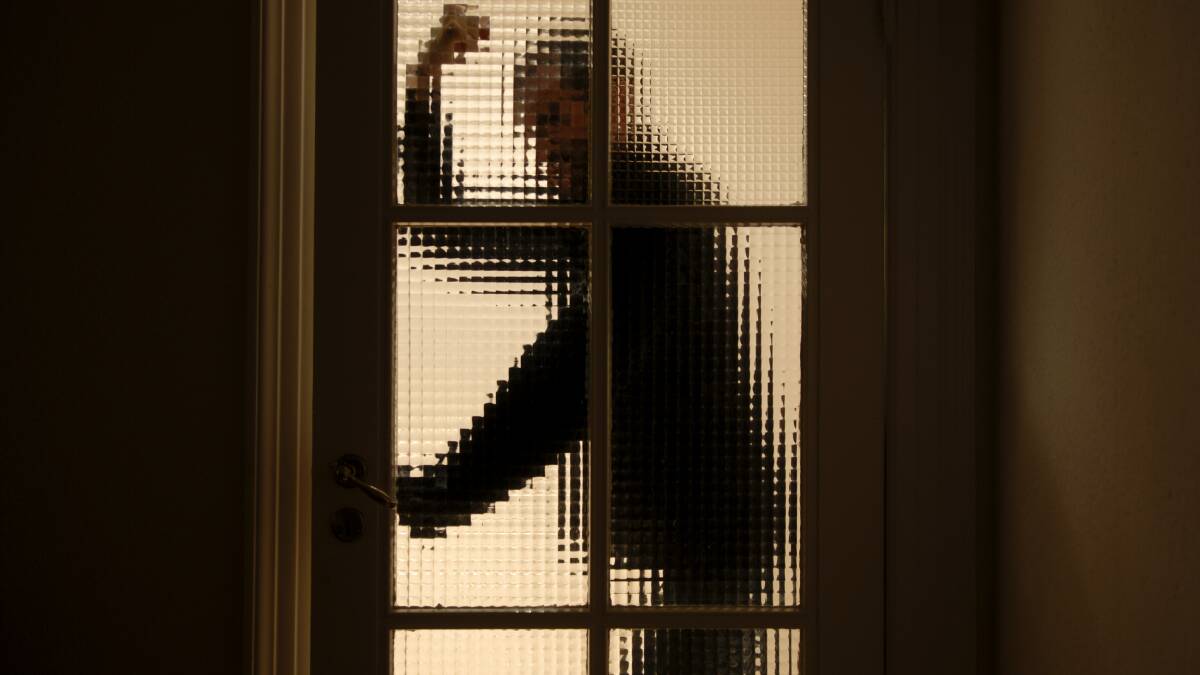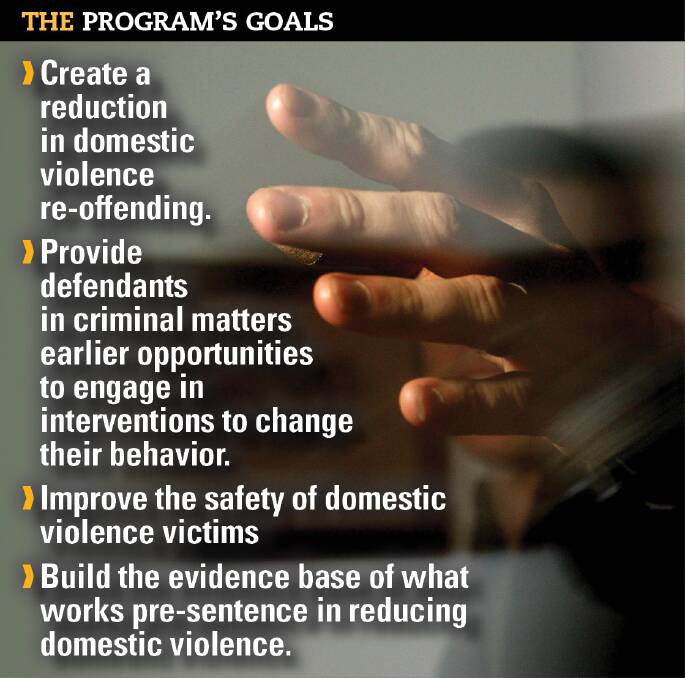
A brief intervention program being trialled in the Hunter that targets people who have been charged with domestic violence has been extended for a second time.
Subscribe now for unlimited access.
or signup to continue reading
The Department of Justice’s Engage project, which is being delivered by Relationships Australia, started late last year and was originally planned to finish in April, but was extended to the end of June.
Relationships Australia practice specialist manager Andrew King said the free program had been put out to tender and extended again to October, when it will be offered by the successful new provider.
It aims to help participants deal with the behaviours that led to their arrest and the stress of court.
“We’re contacting participants after a charge and when there has been a mention in court,” Mr King said.

“About 40 per cent of people breach their apprehended violence orders at this time – that’s what we’re trying to reduce.
“It’s engaging them and saying ‘This is an opportunity to learn something about domestic violence’.
“It’s about making the initial connection, planting a few seeds of knowledge and providing a pathway to taking responsibility and attending a much longer program.”
The six hour Engage project was originally offered in jails, but is being trialled in the community in the Maitland and Blacktown areas.
Workshops are held at Rutherford Community Centre.
The Bureau of Crime Statistics and Research (BOCSAR) will evaluate the results.
Mr King said keeping the program optional was crucial.
“The more voluntary your choice is in help seeking behaviours, the more likely change is going to happen,” he said.
“The more mandatory a program is, the more defences and resistance people have to the change process.
“Victorian research shows between 50 to 60 per cent of people [who participate in behaviour change programs] will reduce the level of behaviours that sit across the domestic violence spectrum in a two to three year window as part of the change process.
“Change does happen, but it’s a lot of hard work, might not be across all expressions of violence and needs to be managed for the long haul.
“Once you get used to using violence you have to make an active choice to work day by day to ensure this is not the path you’ll use in the future.”
Mr King said people were violent “because they get away with it, it services their needs or it recreates and reaffirms beliefs, messages or perceptions of the world”.
“A lot of men have a desire to be protective and helpful or useful in a relationship but they make assumptions about what their partner needs.
“Men use one quarter of the words women use to express their lived life experience and the alternative is you make assumptions.
“As soon as you make assumptions about what another adult needs you’re not being protective, you’re being controlling. When you use physical or non-physical force to maintain those assumptions you’re being abusive or violent.”
Relationships Australia also hosts an 18 week Taking Responsibility Program for men who want to stop violent and abusive behaviour towards their partners and children.
Support is also available for those affected by the abusive behaviour.
Deeper reading
- 11 Hunter women report assaults every day (July 14, 2018)
- How a new program is targeting perpetrators of domestic violence (July 20, 2018)
- The Hamilton Hawks tackle domestic violence with conversations about respect (July 20, 2018)
- Research shows random attacks are rare but “even one incident is one too many” (July 14, 2018)
- Hunter women turn to self-defence for strength in the wake of attacks (July 7, 2018)


